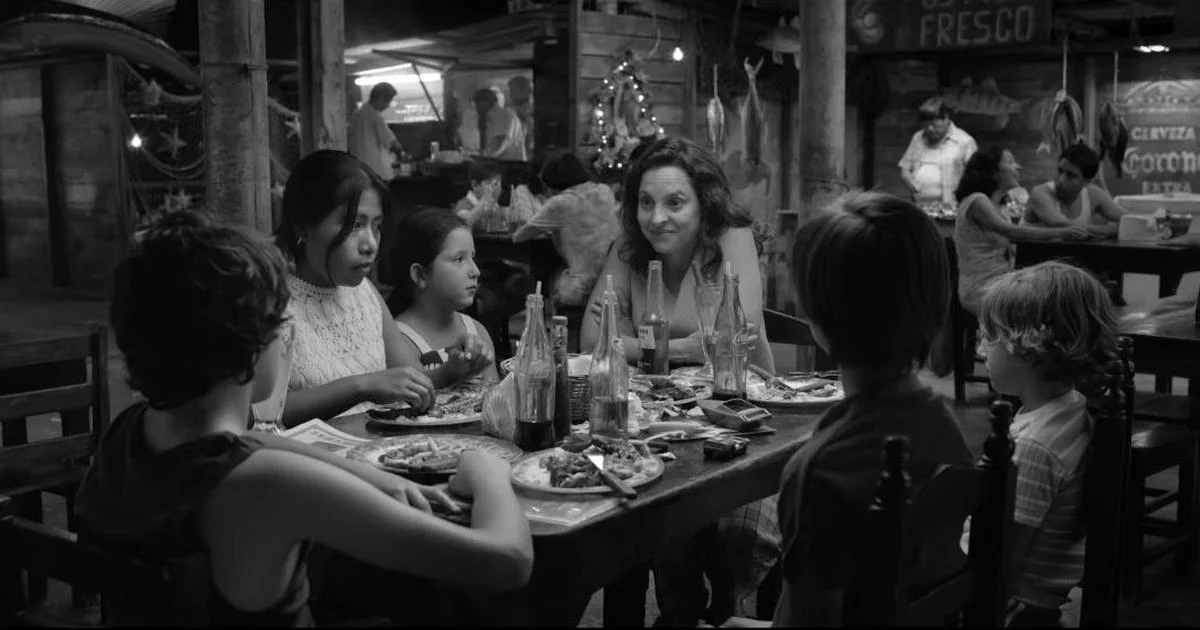And Scene : The Social Network's Rousing Rowing Scene.
/David Fincher’s The Social Network is one of my two or three favorite films of the past 20 years. Up there with other favorites like “A Separation”, “There Will Be Blood”, and “12 Years a Slave”. And while it is actually not my favorite Fincher film (that would be Seven) it is in my opinion his best work, and his finest achievement to date. In concert with Sorkin’s crackling script, the film feels, moves, sounds like youth, and takes a decidedly satirical approach to the biopic that makes the tedium of explaining away the wikipedia-like details of how Facebook was formed feel less cumbersome, and well…boring. There are a lot of reasons to love this film, from its classic one line Sorkin zingers to its spot on casting, to its fantastic cinematography, but my favorite part of the film, the thing I love most in one of the films I love most is the Henley Royal Regatta rowing scene. …
The Henley scene is just supremely pleasing to the senses. It is superbly scored by Trent Reznor, and Atticus Ross, wonderfully shot, and the editing is masterful. The scene starts out with a title card to explain to us where we are at. Now I don’t know much about cameras, scope, or depth of field, but I do note here that the scale, and depth makes it appear as though this was a miniature. It reminds me of the opening of Mr Rogers in reverse. The same look in as far as scale, but the sharpening of objects in the foreground, the blurring of those in back instead of vice versa.
Rather than using close up to give you the truest sense of the tradition, opulence, and pomp on display here, Fincher scales it back , and since many of these objects appear as toys it feels fitting. Working in league with the rest of the tonal sensibilities of the film. That these events, these things, and to some extent these people aren’t necessarily real, that they are invented, as is their value. Aesthetic-wise it’s just beautiful. The water appears especially calm to the eye, the surrounding greenery especially green, and in both this world seems vast as compared to the tighter shots of the city where Fincher rarely uses shots with this far a field of depth. It is somewhat off-putting , but you want to be here.
After a few more establishing shots, comes the event itself. As Fincher begins to close in on our Rowers, Ross, and Reznor’s rendition of Grieg’s “In the Hall of the Great Mountain King” begins to pick up speed. As it does, (thanks to editors Angus Wall and Kirk Baxter) so to do our rowers. It’s now becoming a dance. Movement , composition, and sound, working together to place us the audience into the mood of the event, to tell us a story. Take a look at how all three combine to signal how much this means to not only the participants but the spectators. In a span of two minutes Fincher and company fully encapsulate one of the most basic conflicts in sport..The thrill of victory, and the agony of defeat -better than most two hour films on the subject. All with what I believe is a dash of satire. Keep in mind what I said about the opening shots, and the fact that both the chosen music, Grieg’s “In the Hall of the Mountain King”, and the play it was written for - Ibsens’s “Peter Gynt” contain elements of both satire and irony.
This shot of a man pointing at the team he’s rooting for and emphatically cheering them on..
A “Coxswain” coordinating the power and rhythm rather vehemently
One team celebrates their win…
The other laments their loss
There is an energy to these images, to the editing, to the manner in which he presents them . The oars, and the unheard grunts, the strokes don’t exactly move in exact time with the song, but they do compliment it. Each stroke seeming to put an exclamation point on each beat in the music. We saw a technique similar to this (although much more exact) in last year’s “Baby Driver”. Each image presents a small story, and when spliced together an even richer and fuller story. Without sound the images invoke sounds like the oars interrupting the calm of the water, and the grunts coming forth from the men. They invoke feelings without dialogue, admiration and even lust without exploitation, and again together they reveal a greater story.
This is sexy and it is meant to be.



















